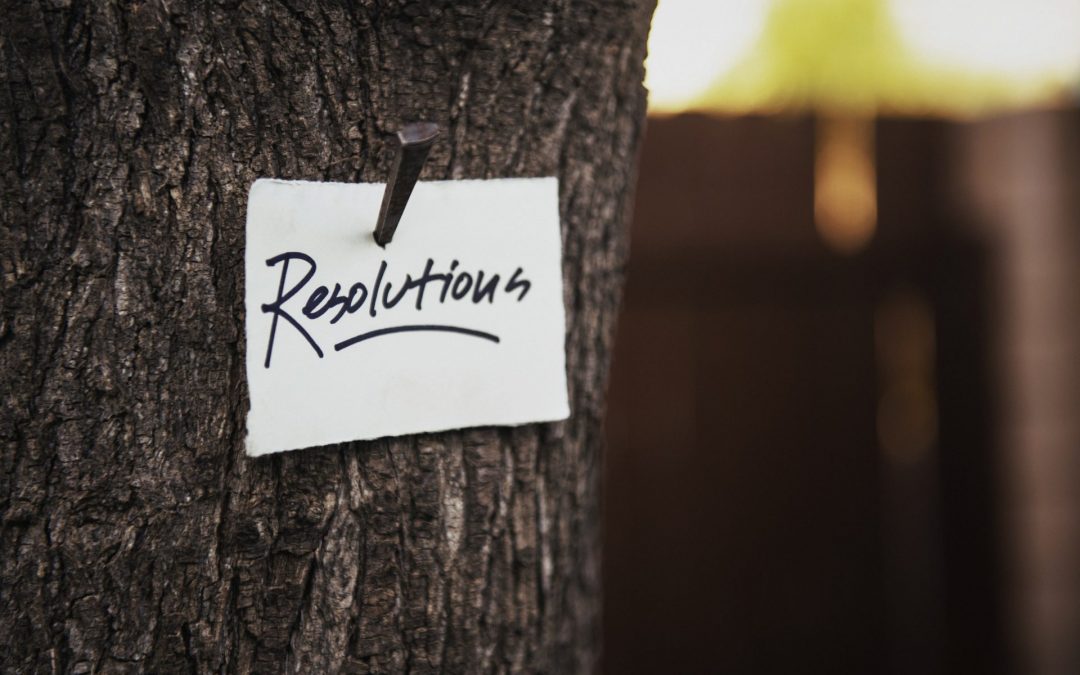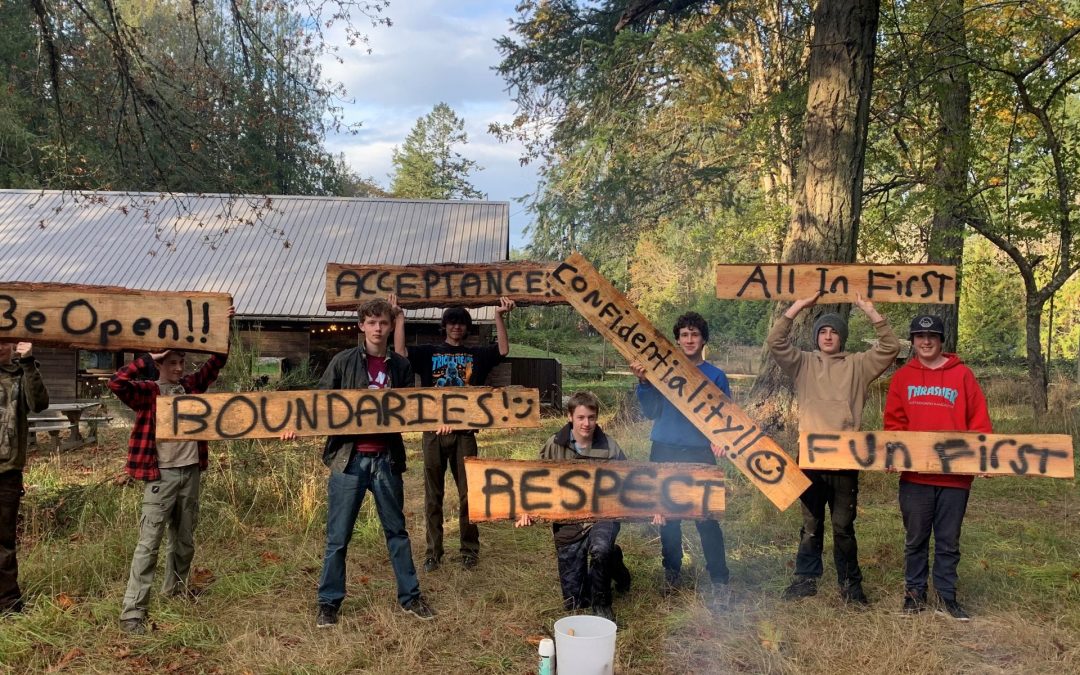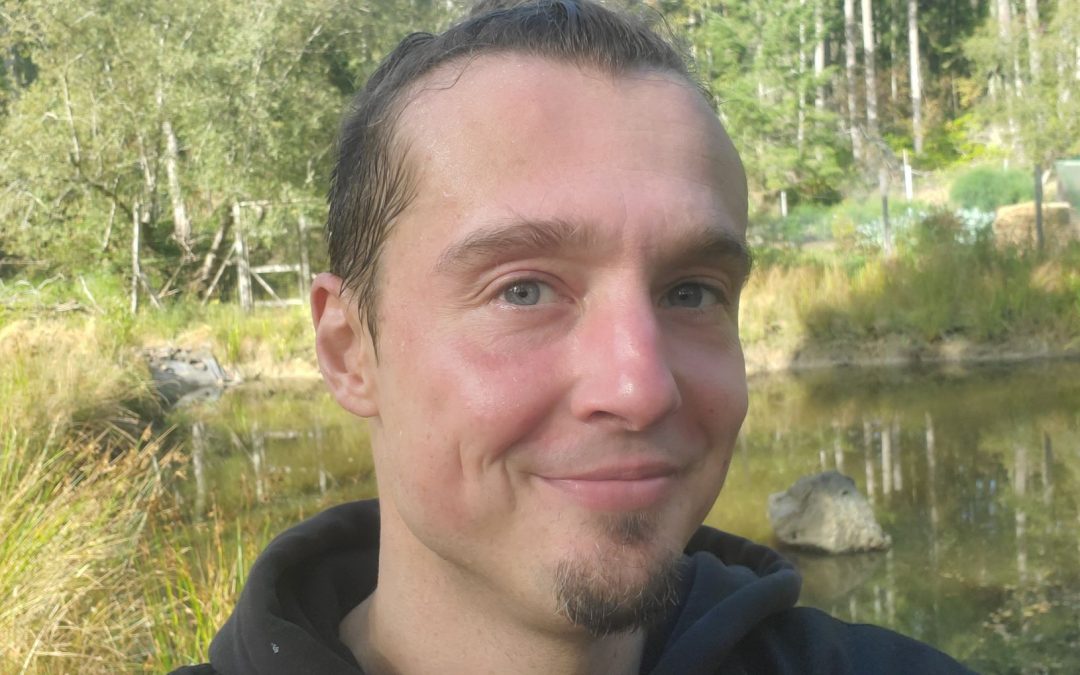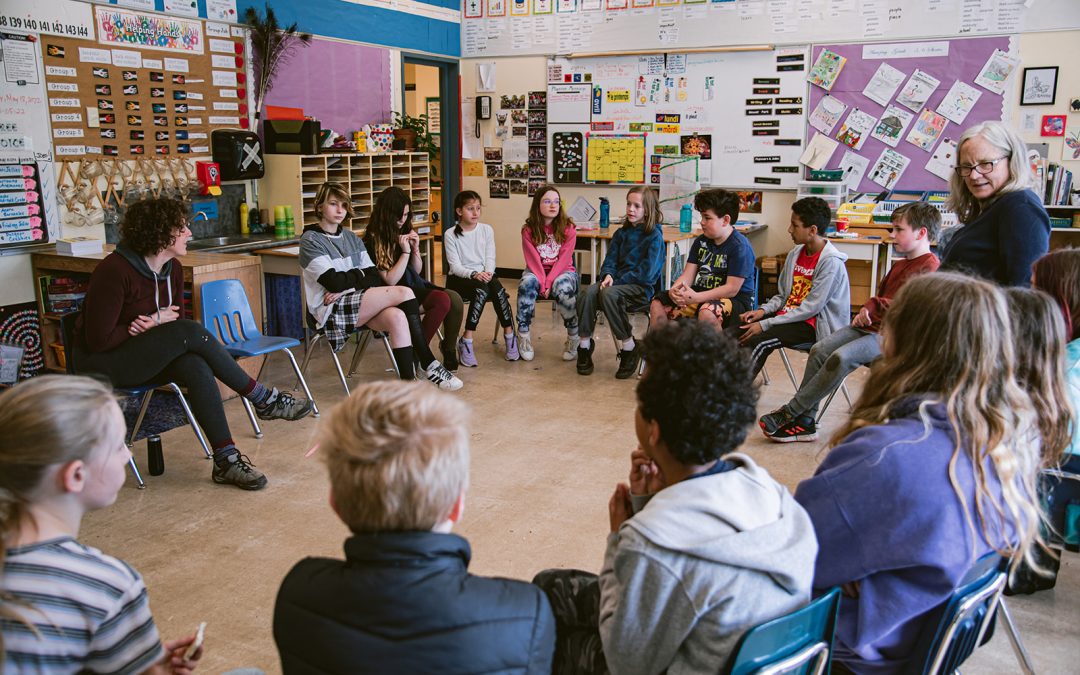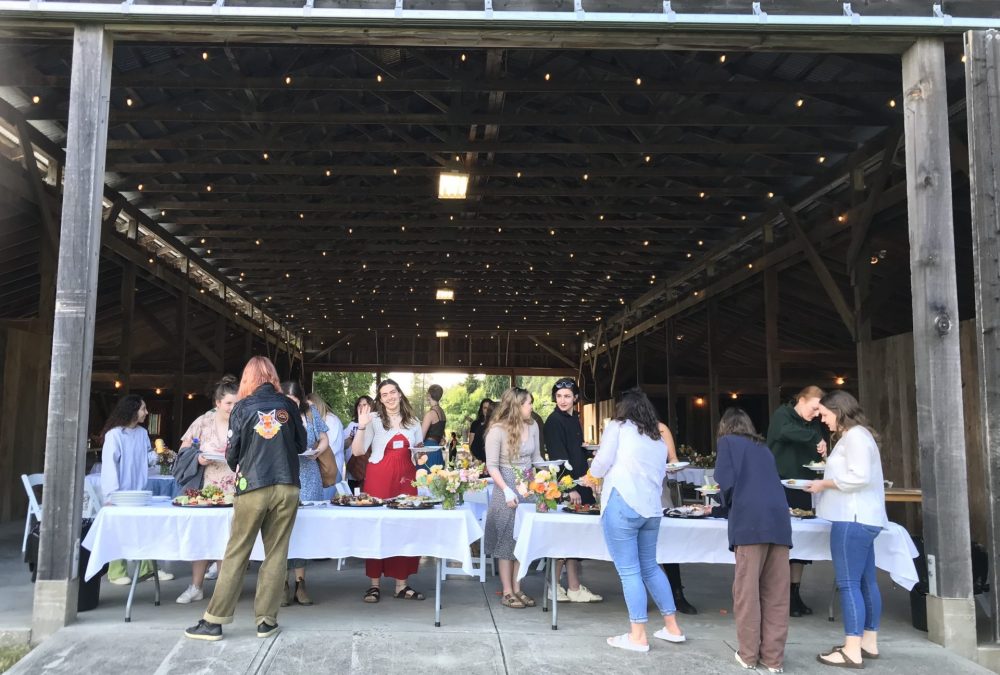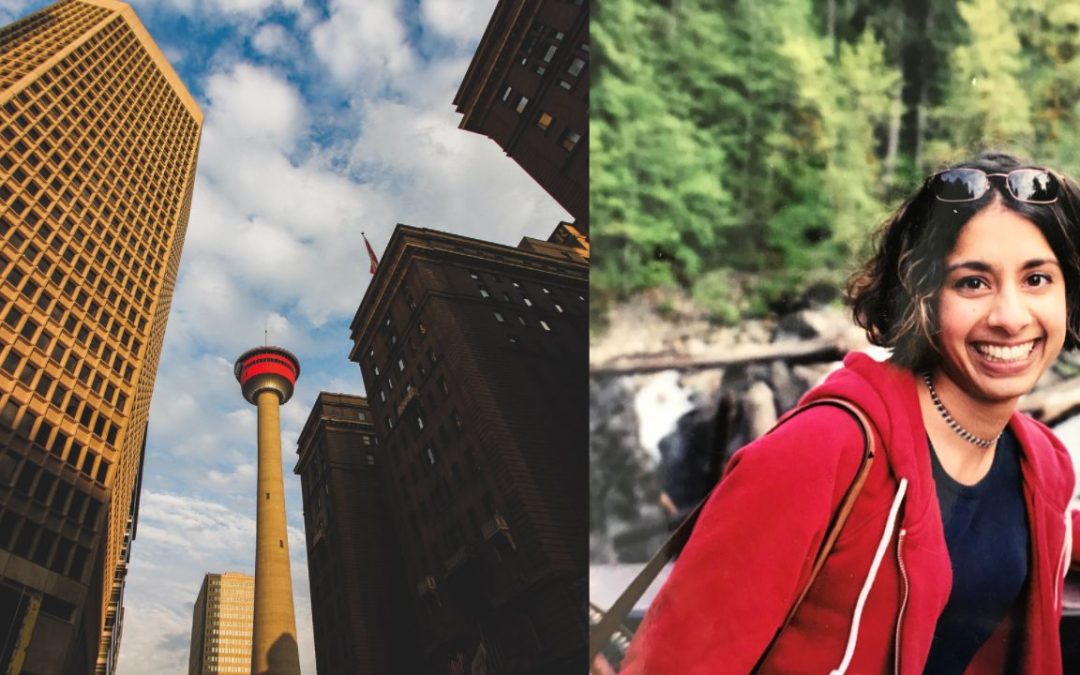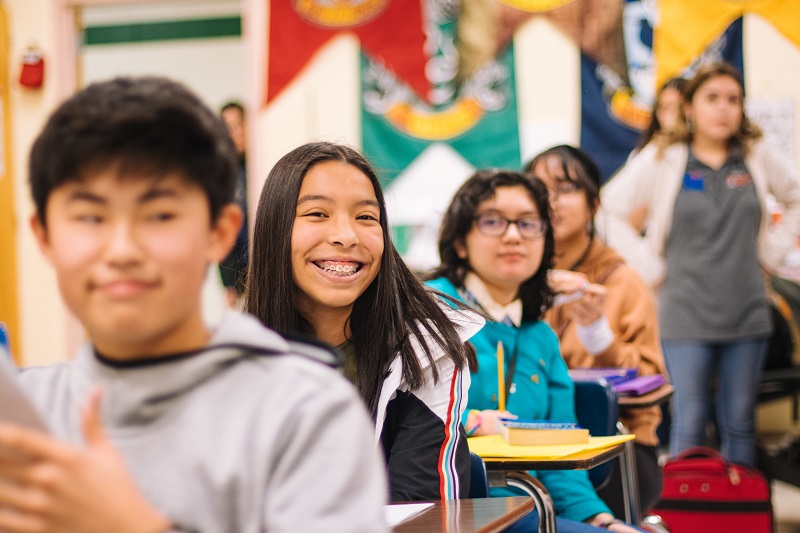 With great sadness I write about the rape and murder of two girls in Northern India last week. Two cousins ages 14 and 15 went out to the fields in the night to relieve themselves because they have no toilet inside their house. They were brutally gang-raped by a group of men and their lifeless bodies hung from a mango tree.
With great sadness I write about the rape and murder of two girls in Northern India last week. Two cousins ages 14 and 15 went out to the fields in the night to relieve themselves because they have no toilet inside their house. They were brutally gang-raped by a group of men and their lifeless bodies hung from a mango tree.
The girls were from the Dalit caste, considered the lowest of the low in India and also known as ‘untouchables’. They were female, they were young women of colour, they were poor and they were from the lowest caste in their society. To say that they were extremely vulnerable would be a mild description. In their home of Uttar Pradesh State, they count as two of the average of ten rapes reported every day. As we know, many more rapes go unreported due to shame and societal pressures. In India sixty percent of the rapes happen when girls and women have to go into the fields because of a lack of a toilet in their homes.
Under scrutiny by journalists, the Uttar Pradesh Chief Minister said “You’re not in any danger are you? Then why are you worried? What is it to you?” I ask- What is it to all of us? If you believe that all things are connected on planet earth then it matters to all of us that girls and women live with such discrimination, de-humanization, and brutality. My heart aches for these girls and their families.
Closer to home, here in Canada we have over 1,000 missing and murdered Aboriginal girls and women. They were female, they were women of colour, they were poor and they were from a group that is discriminated against in our society. The term ‘squaw’ is meant to degrade and de-humanize Aboriginal females.
The circle of pain and heartache stretches from Northern India to Canada and around the globe. I ask again- “What is it to all of us? What are we going to do?”
Lynda Laushway – Executive Director, SWOVA


